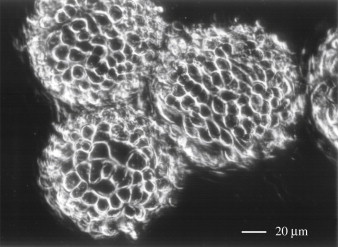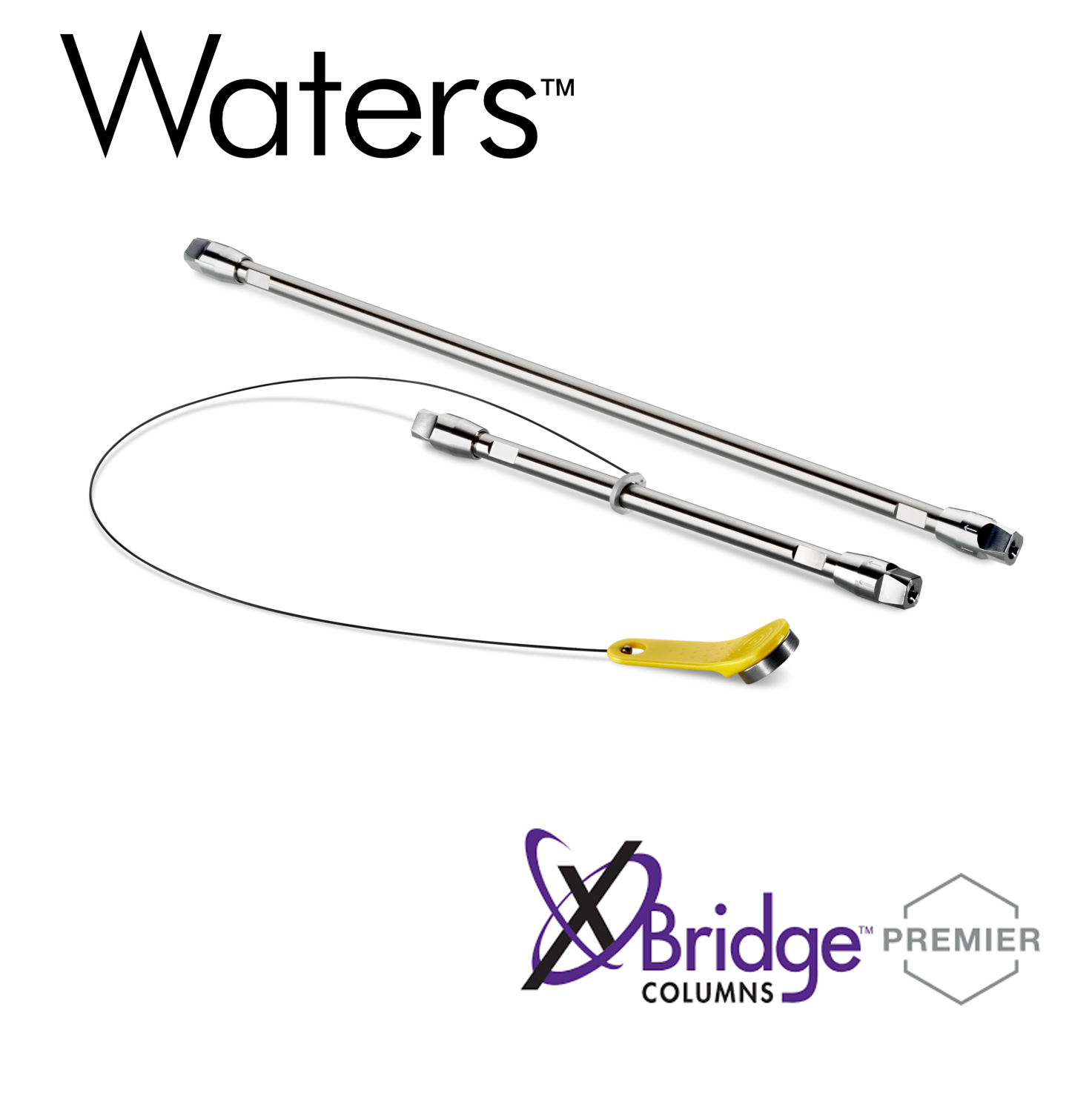
The Impact of Glassware Washing Systems on Laboratory-SMEG

Which Gas Generation Solution Is Right for My Laboratory?
Choosing the right gas generation solution for your laboratory can be a complex decision. On-demand gas generation offers numerous advantages over traditional gas cylinders, including cost savings, improved safety, and increased efficiency. This article will delve into the various types of gas generators available, such as nitrogen generators, hydrogen generators, and oxygen generators, and discuss their applications and benefits. We'll also explore factors to consider when selecting a gas generator, such as flow rate, purity requirements, and budget. By understanding the different options and their suitability for your specific needs, you can make an informed decision and optimize your laboratory's gas supply.

The Ascendance of Gas Generation Technology in Today's Laboratories
Gas generators are becoming increasingly popular in laboratories due to their numerous advantages over traditional gas cylinders. These systems produce high-purity gases on-demand, eliminating the need for bulky cylinders, costly refills, and safety concerns. Gas generators offer significant cost savings, improved efficiency, and enhanced safety in various lab applications, including chromatography, spectroscopy, and mass spectrometry. IT tech offers a wide range of gas generators tailored to meet the specific needs of your laboratory. Contact us today to learn more about how gas generation technology can benefit your research.

Reviewing Recent Studies That Feature Selected Microcarriers
This article delves into recent scientific studies that have investigated the use of specific microcarriers in cell culture. It examines key findings related to cell growth, viability, and product yield, highlighting the advantages and limitations of different microcarrier types. The article provides valuable information for researchers seeking to optimize their cell culture processes and select the most suitable microcarriers for their specific applications.

Selecting the Ideal Microcarrier for Your Bioprocessing Needs
Selecting the right microcarrier is essential for achieving optimal cell growth and production in bioprocessing. This article explores the key factors to consider when choosing a microcarrier, including material, surface properties, and cell type compatibility. We discuss the advantages and disadvantages of different microcarrier types, such as polystyrene, glass, and dextran, and highlight the importance of selecting a microcarrier that supports the specific requirements of your cell line. By understanding these factors, you can make an informed decision and ensure the success of your bioprocessing applications.

The Emergence and Growth of Microcarrier Technology in Biomanufacturing
Microcarrier technology has emerged as a game-changer in biomanufacturing, offering a robust and scalable solution for cell culture. These tiny, spherical particles provide a large surface area for cell attachment and growth, enabling high cell densities and efficient production of biopharmaceuticals. Microcarriers are particularly advantageous for large-scale production, as they allow for suspension culture, eliminating the need for complex and expensive bioreactors. This technology has revolutionized the production of vaccines, antibodies, and other therapeutic proteins, paving the way for more efficient and cost-effective biopharmaceutical development.

Evaluating Major Players in Glassware Washer Industry
Choosing the right Glassware Washer is crucial for maintaining cleanliness and efficiency in your laboratory. This article delves into the competitive landscape, evaluating leading brands based on factors like washing capacity, cycle times, water consumption, and ease of use. We examine the pros and cons of each manufacturer, providing insights to help you select the ideal washer for your specific needs and budget.

Best Practices for Cleaning and Disinfecting Laboratory Glassware
Maintaining clean and sterile laboratory glassware is essential for accurate and reliable results in any laboratory setting. This article provides a comprehensive guide to best practices for cleaning and disinfecting glassware, covering key aspects such as choosing the right detergents, implementing effective rinsing procedures, and selecting appropriate sterilization methods. We also explore the benefits of using specialized equipment like Glassware Washers, which can significantly enhance efficiency and ensure consistent cleanliness. By following these guidelines, laboratories can maintain a high standard of cleanliness and ensure the integrity of their research and analysis.

Leading Manufacturers of Laminar Flow Solutions
This article delves into the world of Laminar Flow solutions, showcasing the leading manufacturers who provide high-quality equipment and consumables for controlled environments in laboratories. We explore the diverse range of products available, from laminar flow hoods to workstations, and discuss the key factors to consider when selecting the right solution for your specific research needs. Whether you're working with sensitive materials or require a sterile environment, this article will guide you towards the best manufacturers for your Laminar Flow requirements.

Super Detailed Analysis of SELECT HP
The SELECT HP water purification system is a robust and reliable solution for laboratories requiring high-purity water. This article delves into the system's design, performance, and applications. We explore its advanced filtration technology, which effectively removes contaminants, ensuring consistent water quality for critical laboratory procedures. The SELECT HP is designed for ease of use and maintenance, minimizing downtime and maximizing productivity. Discover how this system can enhance your lab's efficiency and reliability, while meeting the stringent demands of modern research and analysis.












































































